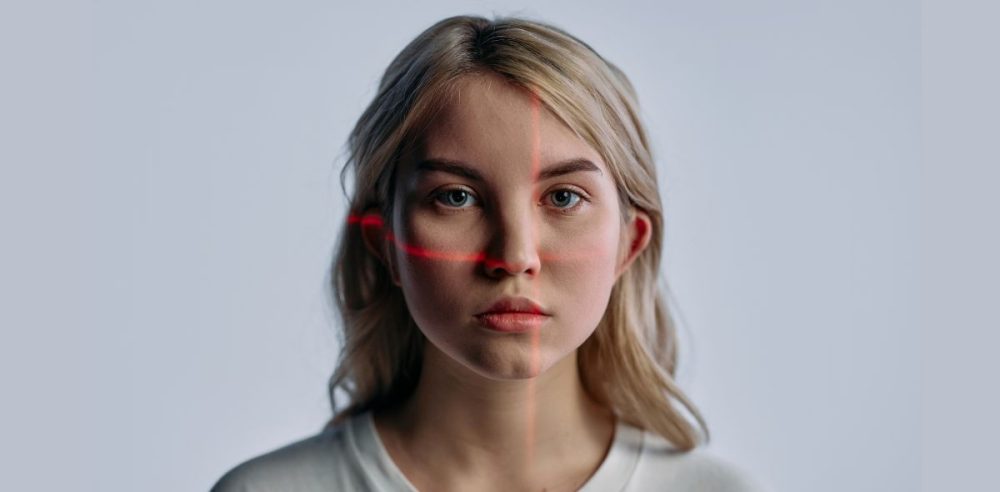In a remarkable intersection of technology and medicine, new AI-powered tools are helping doctors assess patients’ health by analyzing their faces.
The tools, known as ‘FaceAge’ tests, use facial scans to estimate a person’s biological age, offering insights into overall health and even potential longevity, reported The Wall Street Journal. The innovative approach is gaining traction among healthcare providers seeking personalized treatment plans.
The technology works by evaluating visible signs of aging, such as wrinkles, skin texture, and facial symmetry.
For instance, a recent case involved a 90-year-old patient whose biological age was estimated to be in the late 60s. This finding gave doctors confidence that the patient could handle aggressive cancer treatments, illustrating how FaceAge tests are becoming valuable decision-making tools in medicine.
Developed by AI researchers and healthcare experts, these algorithms analyze thousands of facial features to provide estimates based on vast datasets, reported WSJ. The results can sometimes be startlingly different from chronological age. In one example, a 28-year-old reporter who tested the tool received a biological age of 24, highlighting the potential for younger-looking individuals to reflect healthier biological systems.
Proponents believe that FaceAge tests could revolutionize preventative care. By detecting signs of premature aging, physicians may identify underlying health conditions such as cardiovascular disease, diabetes, or chronic stress earlier than traditional methods allow. In turn, this enables proactive interventions that may extend lifespans and improve quality of life.
However, the technology has its skeptics.
Critics argue that genetics, sun exposure, and cosmetic procedures may skew results, raising questions about accuracy and reliability, per WSJ. While promising, experts caution that facial analysis should complement, not replace, standard diagnostic procedures.
Major medical institutions like Mass General Brigham are pushing the envelope despite concerns. Their Artificial Intelligence in Medicine Program continues to refine facial analysis tools, making them more precise and accessible. Early adopters in the medical field view this technology as a step toward truly personalized healthcare.
The rise of FaceAge testing also raises ethical considerations. As this technology expands, debates about privacy, data security, and potential misuse will likely intensify. Policymakers and developers must navigate these challenges to ensure the technology is used responsibly.


